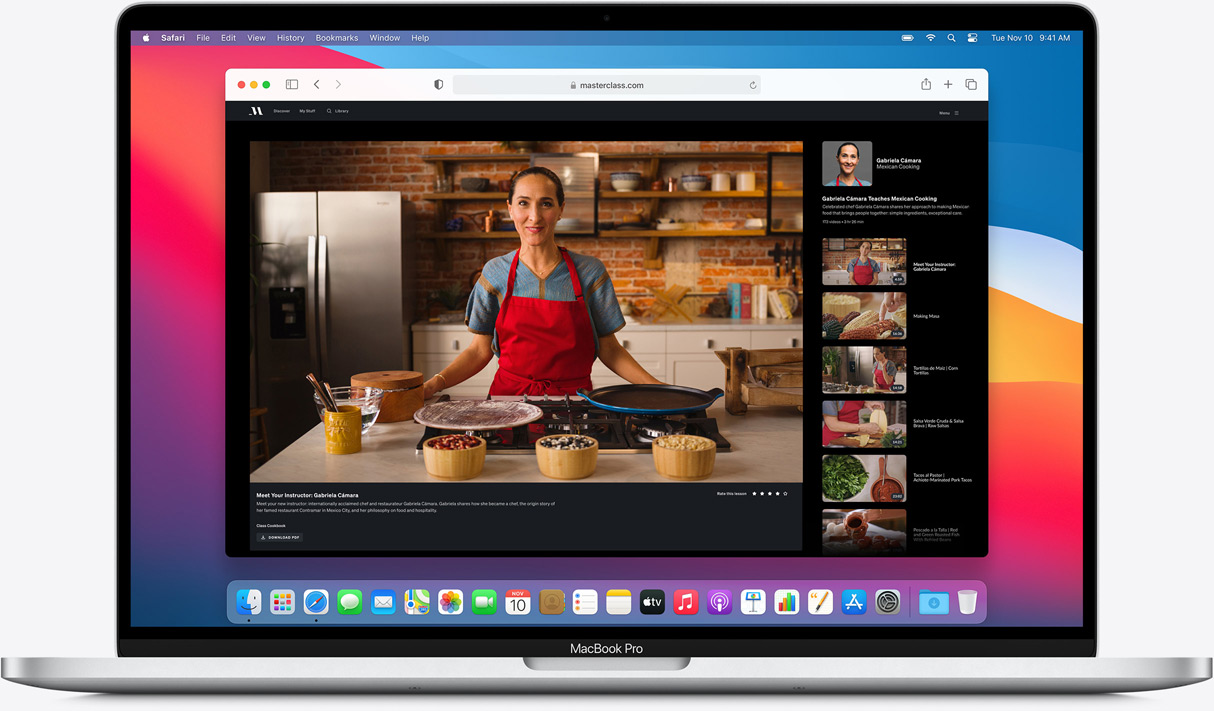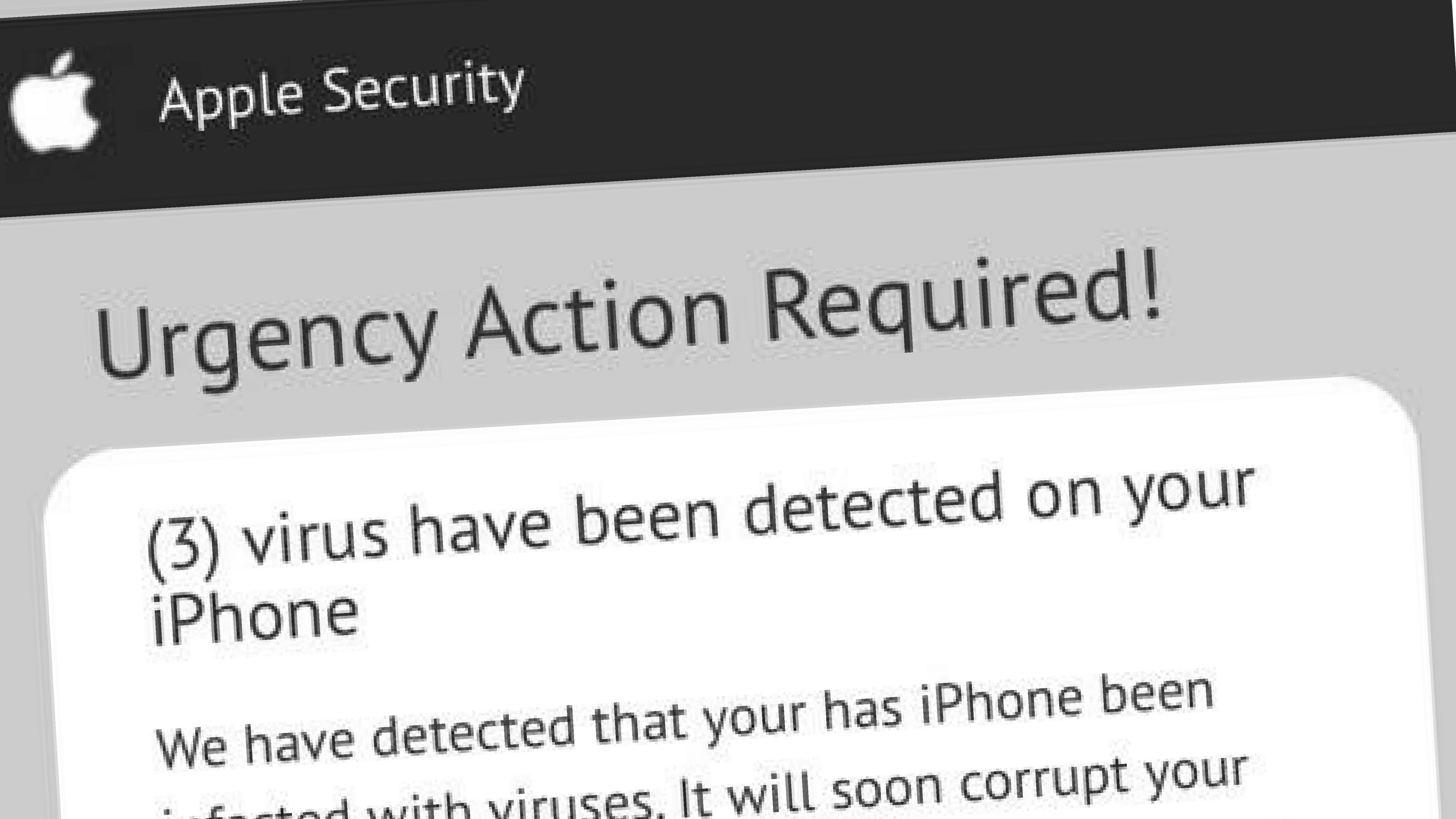
"I’m not sure it entirely solves the problem, and I’d need to think about it. "Proxying is definitely an improvement because it hides IP addresses from the services in China that resolve these queries," Green said. In an email to The Register, Green expressed cautious optimism about the iOS 14.5 change, even if it doesn't address his past criticism of Apple's mercurial disclosure and communication habits. If you have China mainland set as your region in the Language & Region pane of System Preferences, Safari may also use Tencent Safe Browsing to do this check." Green said the privacy community had reconciled itself to the tradeoffs, allowing that Google might glean more information from those implementing and using Safe Browsing in exchange for reducing potential exposure to fraudulent or malicious websites.īut he was less sanguine about Apple's disclosure in 2019 that the company was sending the same information to Tencent in China, where privacy risks are magnified due to limits on political speech.Īs Apple explains in its macOS Safari help documentation, "Before you visit a website, Safari may send information calculated from the website address to Google Safe Browsing to check if the website is fraudulent. Other security researchers have expressed similar reservations, noting that the API's approach – a technique called k-anonymity – can be defeated. "Its purpose was never to provide total privacy to users, but rather to degrade the quality of browsing data that providers collect."

"The problem is that Safe Browsing 'Update API' has never been exactly 'safe,'" said Green in his blog post.
#Apple safari alert iphone full#
Then, if there's a match – which may correspond with multiple full hashes – the browser transmits the matched prefix to Google's servers, which return a list of SHA256 hashes that contain the matched prefix to test against a full hash of the requested URL. We've got some really bad news about Apple's privacy measures, Google tells iOS app devs: It'll hurt your Google ad revenue READ MORE
#Apple safari alert iphone update#
The Safe Browsing API has improved since then in that there's now an alternative to the URL-exposing Lookup API: The Update API allows client software (like Safari) to download an encrypted Safe Browsing list of 32-bit prefixes of SHA256 hashes (256-bits) derived from bad URLs to match against a 32-bit hash prefix of the URL the user aims to visit. The service initially transmitted browser users' IP addresses, the full URL visited, and set a tracking cookie. In its early form, it was "kind of a privacy nightmare," as Matthew Green, associate professor of computer science at Johns Hopkins University, described it in a 2019 blog post.

Google's Safe Browsing service provides a way for applications to check whether websites in Google's Search Index have been previously identified as malicious.

Nor is it obvious whether IP privacy is enough to justify activating Safe Browsing, which mobile Safari users can do via the Fraudulent Website Warning button in the browser's Settings menu.


 0 kommentar(er)
0 kommentar(er)
